X-press Feeders, a global leader in maritime container shipping, is the first feeder operator to operate vessels on green methanol. The company signed a deal with Netherlands based OCI Global, the world’s largest producer of green methanol, in July this year. OCI will be supplying green methanol at the Port of Rotterdam, marking the initiation of the first-ever 'green routes' from Rotterdam to Scandinavia. They have also ordered 14 dual-fuel vessels- a major strategic move towards carbon neutrality and their goal to achieve net-zero emissions by 2050. X-Press Feeders aims for a 20% reduction in emissions by 2035 and 50% by 2040.
In this exclusive interview with TheCSRUniverse, Mr. Francis Goh, Chief Operating Officer, X-press Feeders discusses the rationale behind choosing green methanol, its environmental impact, and the company's broader commitment to renewable energy. We also delve into the potential of green methanol in India's energy grid, as he shares thoughts on reducing the country's reliance on traditional fuels. The interview concludes with a discussion on international collaborations in advancing renewable energy goals and X-Press Feeders' engagement in socially responsible initiatives, particularly in supporting vulnerable communities through charitable programs in India.
Scroll down to read the full interview:
Q. Please tell us about your recent collaboration with OCI and its significance from the perspective of your sustainability goals.
A. We have 14 dual-fuel vessels on order with the first due for delivery in next year’s first quarter and the last by mid-2026. We will be the first maritime container shipping company that operates on feeder routes, to use green methanol.
OCI Global is headquartered in the Netherlands and is the world’s largest producer of green methanol.
The contract we have signed with OCI Global is significant because it is a legally-binding contract, so we are committed to purchasing green methanol to power our vessels.
Others have signed non-legally binding agreements, but ours is different because it is a firm commitment we are making.
The decision to power our dual-fuel vessels with green methanol is key step in our journey to each net zero by 2050. To achieve this ultimate goal, we need to start taking steps today. Our more immediate goal is to achieve 20% emissions savings by 2035 and 50% by 2040.
Vessels powered by green methanol produce 60-70% less GHG than vessels powered by conventional marine fuel. Green bio-methanol is made from green hydrogen and biomass.
OCI Global will be supplying us with green methanol at the Port of Rotterdam. We will be the first feeder shipping line to serve routes powered by green methanol. Our first ‘green routes’ will be from Rotterdam to Scandinavia and Baltic States.
Q. What was the idea behind opting for green methanol for operations of feeder vessels?
A. Green methanol is a safe, available and a scalable solution that reduces CO2e emissions by 60-70%. The green hydrogen used to make green methanol comes from splitting water into its component elements - hydrogen and oxygen – using an electrolyser powered by electricity generated from solar or wind. The biomass used comes from waste material.
Green methanol is a ‘drop in’ solution in that it can work with existing turbine engine technology used to power sea vessels.
OCI Global has green methanol available at the Port of Rotterdam, which is a key global transshipment hub and also an important port in our northern European network.
Besides using green methanol, I would like to highlight that it is also important to reduce overall fuel consumption. We are doing that via our re-fleeting program which involves replacing older vessels with new more fuel-efficient vessels. We are also using real-time weather data and satcom technology to determine more efficient sea routes for our vessels.
Q. What kind of investments have you made in new renewable energy technologies, such as hydrogen, green methanol, offshore wind, or any other breakthrough innovation? How can renewable energy be made more affordable and accessible in India?
A. In a step towards green transformation of our business, we have invested in green fuel, allowing our vessels deployed in the European waters to run on green methanol.
We have also ordered 14 new container vessels, which will replace our existing, old, less fuel-efficient fleet. These ships are equipped with dual fuel engines, which means they are capable of functioning on both, green methanol as well as conventional marinefuels.Vessels that operate on green methanol, as compared to conventional marine fuel, have 60-70% lower CO2e emissions.
These vessels are also equipped with an enhanced hull design and wind deflectors for improved vessel performance and reduced energy consumption. This has resulted in 2 percent less fuel consumption than conventional ships. So far, three of our ships have wind deflectors.
The investment in these more efficient vessels is the breakthrough we needed – a crucial step in the decarbonisation of the entire shipping chain, as the feeder industry plays an important role in supporting the ultimate carrier.
Q. Can you explain how green methanol can transform the renewable energy sector to make India's energy grid more reliable?
Green methanol, due to its low-carbon properties, is a reliable substitute for conventional energy sources that can reduce greenhouse gas (GHG) emissions –helping the country reduce its reliance on widely used traditional fuels and reach its ambitious target of net-zero emissions by 2070.
Besides powering ship engines, green methanol can be extensively used in the transport and energy sector.
However, despite its versatility, the main barrier for green methanol remains its relatively high cost compared to fossil fuels, but as production of green methanol increases, prices will come down due to ‘economies of scale’.
Q. How do you see the role of international collaborations and partnerships in advancing India's renewable energy goals? Are there any noteworthy collaborations your organization is involved in?
A. As the popularity for bio-methanol increases, there are several organisations that can assist in decarbonisation journeys, especially for the maritime industry. However, it depends on a country’s ambition and the choice ofpartnership. For instance, if India wants to explore having more green methanol production capacity, there is Methanol Institute that can collaborate with different authorities or countries to advance the production and usage of green methanol.
Q. Can you share insights into the social and economic impact of renewable energy projects on local communities, especially in rural areas? What efforts are being made to ensure that the benefits are equitable and inclusive?
A. We, at X-Press Feeders, believe in supporting the communities that support our business. Thus, it is our social responsibility to uplift the vulnerable and ensure a brighter future for all through holistic education. One such flagship initiative in India is our charity program with Future Hope India.
Future Hope India provides residential home and schools for Kolkata’sstreet children. Since its inception, it has been operating at full capacity with no further space for expansion. To address this, Future Hope India decided to purchase additional land in Kashinathpur to build a new campus. X-Press Feeders supported this decision and donated USD 300,000 in 2019 to incorporate passive cooling, solar energy and water harvesting for the new campus.
The proceeds from the donation haveallowed Future Hope to double its capacity and reach out to many more vulnerable children on the streets, slums, and the surrounding villages.




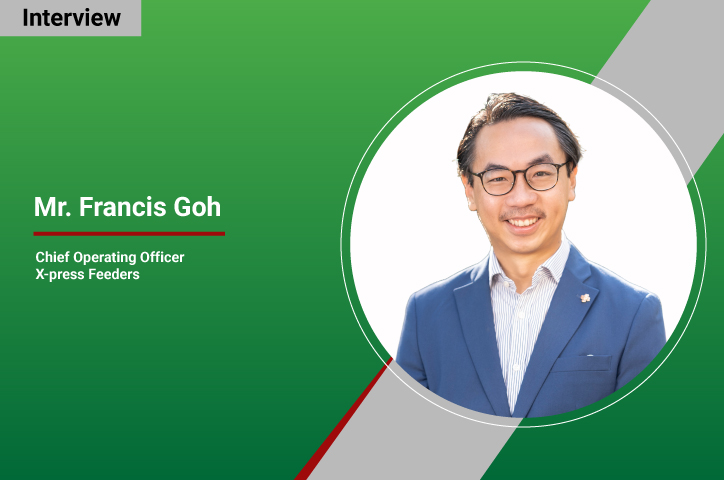



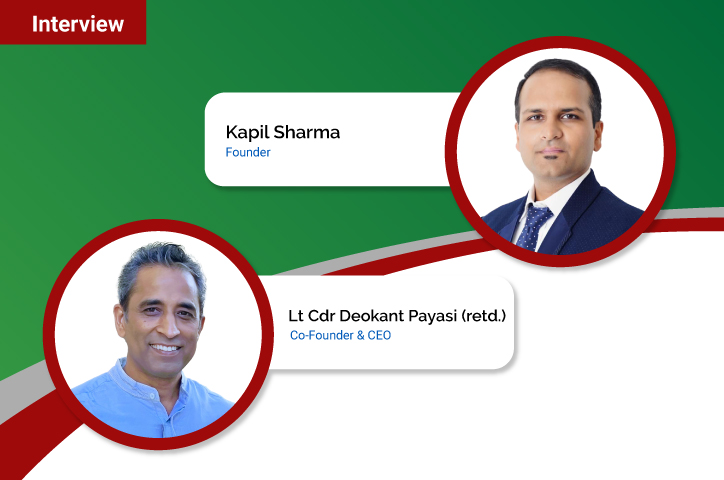
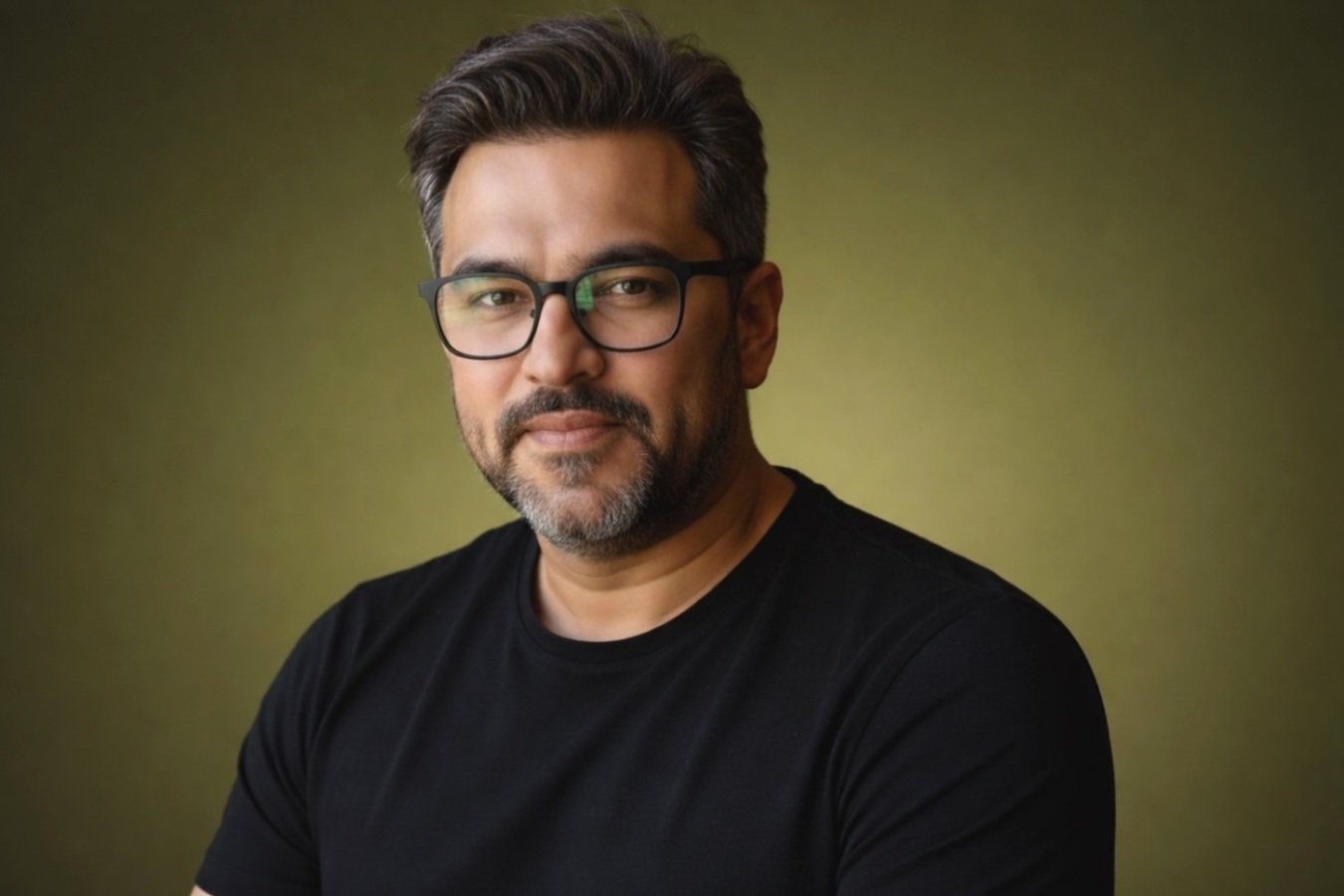

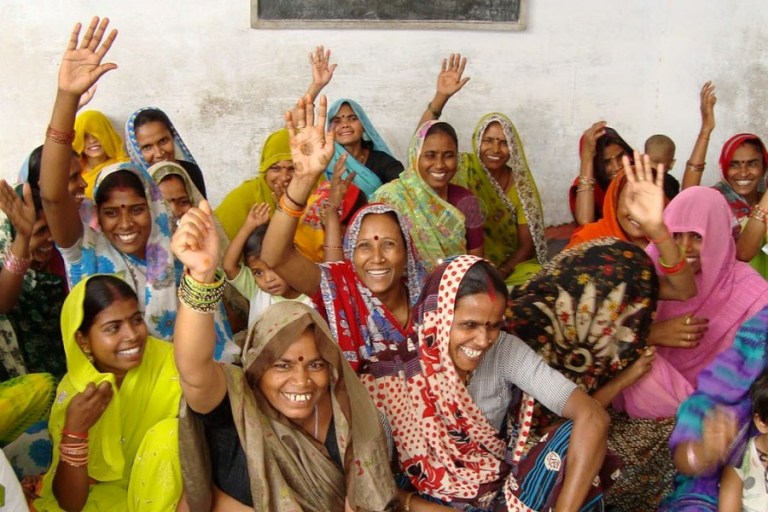

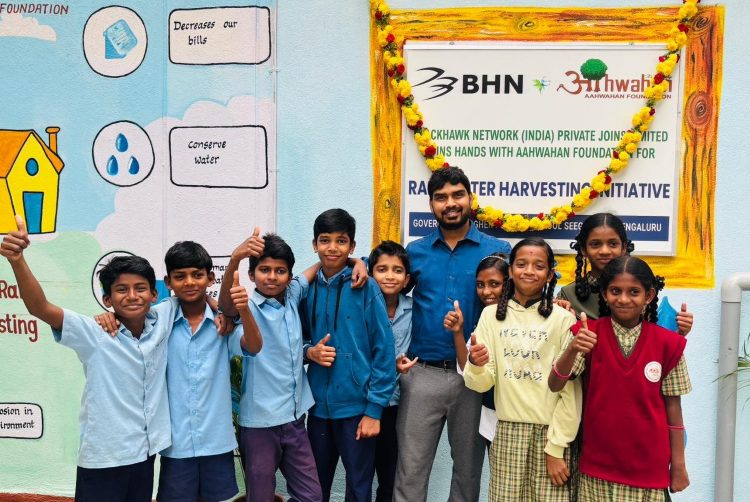
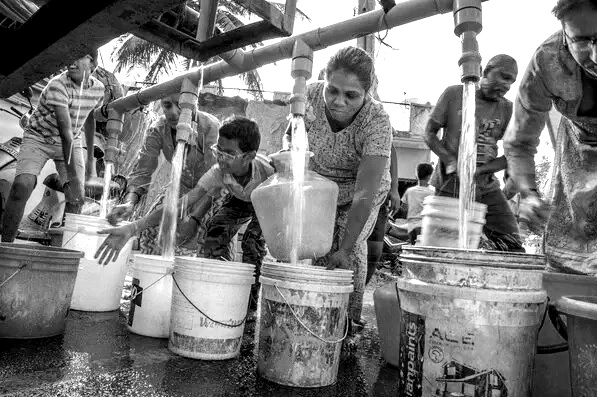

.jpg)



